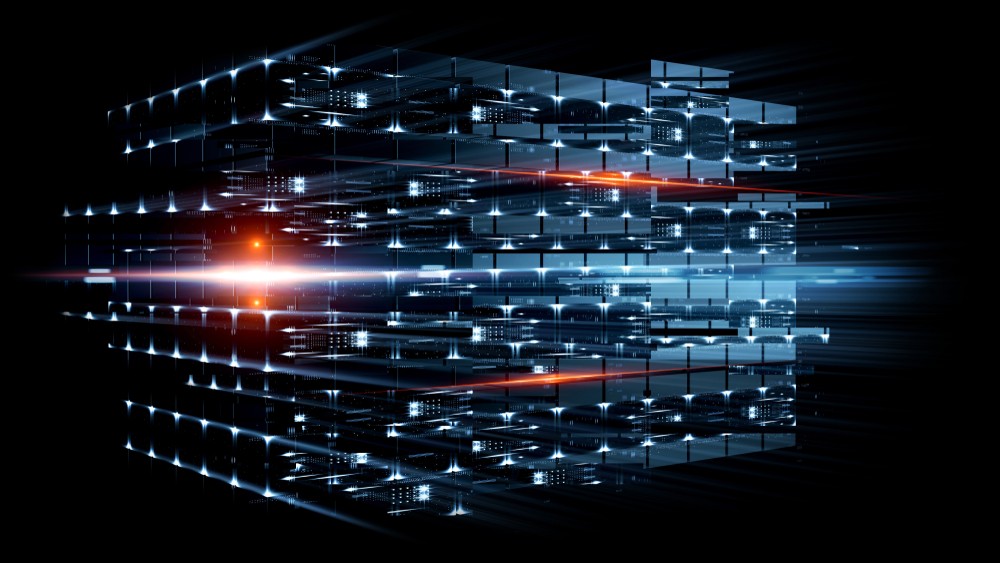Comments
- No comments found

The architecture of a quantum computer is nothing like that of a regular one.
So, it is important to learn about specific quantum computing hardware components and architectural layers to know how the technology works.
Quantum computing is an awe-inspiring technology for super-fast data processing. It is a powerful non-AI tool that can help AI with its development. Using quantum mechanics, these computers are much, much more powerful and capable than even some of the most advanced supercomputers. Such an incredible technology needs to be studied and assessed in order to know more about its known and unknown capabilities for the future. Quantum computers do not have a set architectural model or type. There are several types of quantum computers that have been built in the past. Here, we will see the components of a layered quantum computing architecture. Each layer, or functional group, contains multiple quantum computing hardware components.
Assessing each layer will allow us to understand how a quantum computer works and which parts constitute its main architecture.
The application layer is not a physical—or quantum computing hardware—part of a quantum computer itself but is a key element of the system nonetheless. The application layer facilitates the creation of relevant algorithms for quantum computers by providing a user interface, a programming environment, an operating system and so on for the various quantum computing hardware components. Such algorithms may be a combination of classical and quantum computing. This layer is not dependent on the hardware layers beneath it.
This functional group compiles the quantum algorithm before compiling it into microinstructions. The processing unit of a quantum computer must carry out these instructions. Essentially, the classical processing layer facilitates the fine-tuning of the quantum computing hardware layers present below it.
This is made up of three different—digital, quantum and analog—processing layers. Together these three layers form what is known as the quantum processing unit or the QPU, the CPU equivalent of a quantum computer. The digital processing layer translates the microinstructions created by the classical processing unit into pulses, which in turn will be used to manipulate qubits, the basic unit of quantum information, and enabling them to act like quantum logic gates. Amongst its other tasks, this layer also provides the measurement results of quantum calculations so that the classically generated results and the quantum ones can be compared.
The analog processing layer creates signals for qubits and, in the long run, facilitates computation on the basis of the running of the quantum algorithm. And finally, the quantum processing layer, which needs to be kept at freezing temperature in quantum computers, holds the qubits. Cryogenics is involved in the storage of qubits.
As of today, quantum computers still occupy a niche category in the field of computing because of their exorbitant costs of implementation and maintenance. However, the fast data processing capabilities of the computer means that, in the near future, it could be used extensively to bolster mainstream business operations.
Naveen is the Founder and CEO of Allerin, a software solutions provider that delivers innovative and agile solutions that enable to automate, inspire and impress. He is a seasoned professional with more than 20 years of experience, with extensive experience in customizing open source products for cost optimizations of large scale IT deployment. He is currently working on Internet of Things solutions with Big Data Analytics. Naveen completed his programming qualifications in various Indian institutes.
Leave your comments
Post comment as a guest